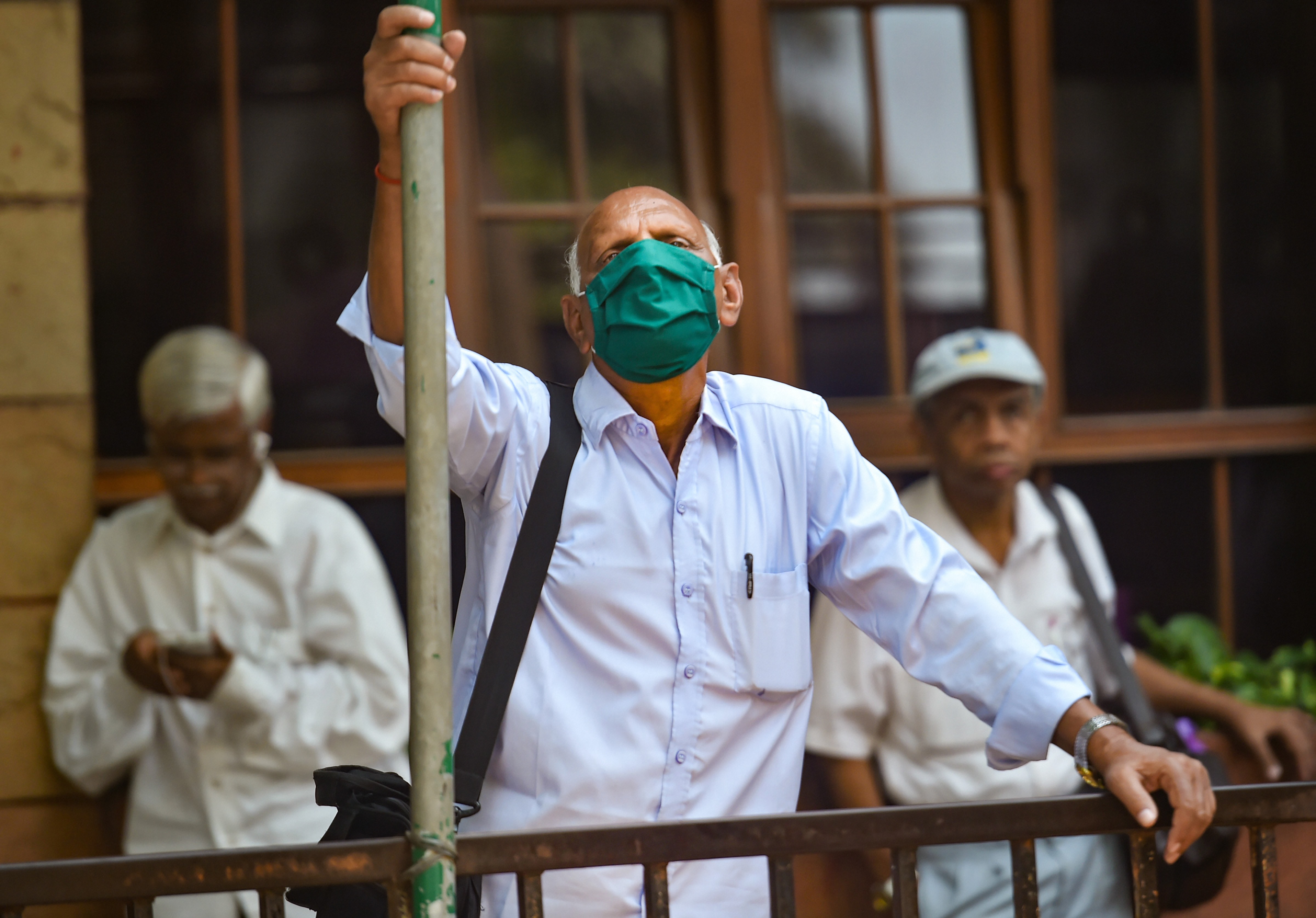
COVID-19: ICMR scales up random testing to check community spread
In a bid to curb the spread of coronavirus, the Indian Council of Medical Research (ICMR) will be conducting random testing of people who show flu-like symptoms, even if they do not have a travel history to any of the outbreak regions.

In a bid to curb the spread of coronavirus, the Indian Council of Medical Research (ICMR) will be conducting random testing of people who show flu-like symptoms, even if they do not have a travel history to any of the outbreak regions.
India’s apex medical body will be collecting random samples and each of its 51 laboratories will test 10 such samples every week, starting March 15.
The move comes in view of the confirmed COVID-19 cases increasing in the country and to determine whether community transmission is taking place.
Earlier, between February 15 and 29, the ICMR had collected 20 samples and tested them at 13 labs to check for community transmission.
“Since the number of cases are more, we are more aggressive now. We thought that in order to rule out community transmission, let’s keep on checking these samples also for the presence for COVID-19,” Nivedita Gupta, scientist, epidemiology and communicable diseases, ICMR was quoted by Economic Times as saying.
After several countries reported the spread of coronavirus via asymptomatic or mildly symptomatic people, the ICMR has decided upon random testing, however, the experts aren’t convinced with the whole idea of how South Korea reported more recoveries than new cases through thorough testing without any lockdown.
Related news: Odisha reports first confirmed case of novel coronavirus
South Korea, which last week was named as the epicentre of coronavirus outside China, reported of the outbreak situation having stabilised after they conducted mass testing of nearly 20,000 people every day and has a fatality rate of 0.7%.
The ICMR experts feel that revising the testing protocols depending on the situation might work better. “The testing strategy will completely change if we find any positive case in these random samples that we plan to test,” Gupta said.
As per a report in the Economic Times, ICMR director general Balram Bhargava said, ““The testing protocol is a moving target…The testing strategy will be revised in a week’s time if it’s needed to and having looked at the circumstances.”
The US Centers for Disease Control and Prevention (CDC) has cleared that asymptomatic transmission is a possibility. “Some spread might be possible before people show symptoms; there have been reports of this occurring with this new coronavirus, but this is not thought to be the main way the virus spreads,” read a report on the CDC website.
According to Gupta, the government wants to avoid blanket checks. “First of all, we don’t want to do any indiscriminate testing as now everybody is asking for a test, so somewhere you will have to rationalise the test,” she said.
Related news: No religious, social, political gatherings in Delhi till March 31
Even as the possibility of community transmission exists, Bhargava feels that asymptomatic people do not need to be tested as the ICMR guidelines say that only those “with travel history to high-risk countries, anyone who had contact with a lab-positive person is requested to be quarantined or home quarantined for 14 days and if during those 14 days, if he becomes symptomatic, he should be laboratory tested.”
Other than the network of ICMR testing laboratories, there 35-40 government-run facilities that are acting as collection centres.
Bhargava said that he is “not worried about capacity” and there have been no discussions of roping in any private labs as with the existing test centres, India can currently conduct up to 10,000 tests a day. The ICMR laboratories have about 100,000 testing kits and an additional 200,000 have been ordered, said RR Gangakhedkar, ICMR chief epidemiologist.
India has, to date, reported 115 positive cases of COVID-19, including 17 foreign nationals and two deaths in Delhi and Karnataka each.


